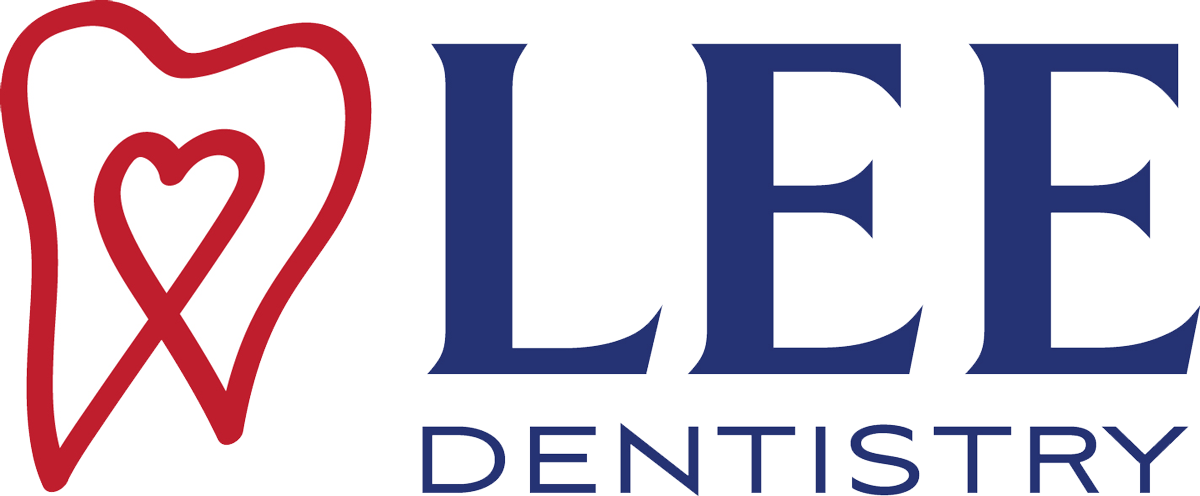



When talking with family and friends about jaw pain, you have probably heard the terms TMD and TMJ. The terms may have even been used interchangeably. As similar as the terms sound, it is not surprising that they are often confused. With a little bit of background about what the terms stand for, however, it is not hard to understand the difference.
TMJ is a joint
TMJ is short for temporomandibular joint, which is the joint where the jawbone connects to the right and left side of the skull. More specifically, the jawbone connects to the temporal bone, which is one of the bones that makes up the skull. The jawbone joint is complex — in addition to hinge movements, it supports motion from side to side, forward and backward. This wide range of motion requires that a disc on each end of the jawbone moves between two indentations, or cavities, in the temporal bone. A healthy TMJ moves smoothly from one position to another as a person breaths, speaks, chews and swallows.
TMD is a joint disorder
TMD stands for temporomandibular joint dysfunction. This includes any disease or disorder of the jaw joint. As with any complex joint, there are many possible problems that can negatively affect its function. Some causes may be short-term, but frequently the problem that is causing joint dysfunction will worsen over time if it is left untreated. Considering how important jaw function is to quality of life, it is wise to seek professional help early instead of waiting until the problem becomes unbearable.
Causes
Any disturbance in the joint, soft tissues or bone can cause TMD. Such disturbances can be chronic, such as muscles and ligaments failing to keep the jawbone aligned properly, or acute, such as trauma to the joint or jaw. Habitually clenching or grinding the teeth can lead to bruising or swelling in the joint, which also interferes with proper function.
Signs and symptoms
Just as there are many possible causes of TMD, the signs and symptoms may differ depending on how severe the disease is and its cause. A few of the common indicators are the following:
- A grinding or popping sound when chewing or opening the mouth
- Pain in the joint, jaw or ear (especially when opening or closing the mouth)
- Joint locking that prevents the mouth from opening or closing
- An inability to close teeth together into a bite that feels natural
- Pain or difficulty when chewing
- Facial aching
Conclusion
In the U.S. Department of Health and Human Services 2017 publication “TMJ Disorders,” they estimate that more than 10 million people in the United States have TMD, making it a common disease. People who are inexperienced with the associated problems may be tempted to brush it off as a small thing, but jaw problems are not to be taken lightly. With as vital as the TMJ is for daily life and socialization, people who suffer with severe pain have a difficult time functioning.
Thankfully, there are treatments today that can lessen and even eliminate the pain and other symptoms of jaw joint disorders. One of the best ways to minimize the risk of severe problems in the future is to seek help early when the problem feels more like an annoyance than a disorder.
Request an appointment here: https://www.leedentistryoxford.com or call Lee Family and Cosmetic Dentistry at (662) 546-1143 for an appointment in our Oxford office.
Check out what others are saying about our services on Yelp: Read our Yelp reviews.
Recent Posts
A general dentist is usually the primary caretaker for oral health, providing routine and preventative care. However, some choose only to schedule an appointment once they have an issue they can no longer ignore or self-treat. Either way, a general dentist has many of the services you need to obtain or maintain optimal oral health.The…
A key part of a general dentist's job is helping patients protect their teeth from damage, wear, and decay. Preventing dental problems can help patients save time, trouble, discomfort, and money. Here is a closer look at how general dentists help patients keep their teeth in good condition.General dentists may provide the following preventive services…
A trip to the dentist every six months can go a long way toward protecting your oral health. General dentists can perform an oral exam, catching any oral health issues early on. They will also remove tartar buildup during a professional teeth cleaning to preserve the teeth and gums. Explore why you should schedule an…
Routine checkups from your general dentist can maintain or even improve your dental health. It can be challenging to keep your dental appointments because of busy schedules and demanding lifestyles. But making an effort to keep them can be very rewarding. Here are the details on how regular appointments with your general dentist can maintain…


